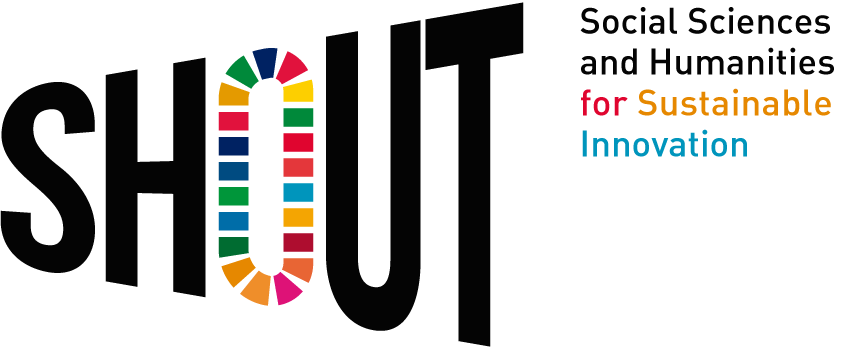ORGANIZATION –> Center for Social Innovation – CSI Cyprus
NO LONGER AVAILABLE
Start Date –> May 2, 2022
Duration –> 6 weeks (face-to-face / remote)
Remuneration
An honorarium will be given to the selected intern based on academic qualifications and agreed upon traineeship responsibilities
The internship will involve supporting CSI Cyprus with the research and education development pertaining to EU projects (specifically AMIF) that aim at promoting the social inclusion of migrant women in the society and labour market by developing integration strategies and increasing the capacity of relevant stakeholders, in Cyprus and Europe.
CSI Cyprus offers a traineeship opportunity as part of two EU projects, specifically funded from the Transnational Actions on Asylum, Migration and Integration programme (AMIF 2020). The first is called “Women TCNs Integration in Local Communities through Employability and Entrepreneurship Local Oriented Strategies/ ENFEM” (project no: 101038287), which is a collaboration of 13 partners from all around Europe (PT, EL, FR, IT, ES, LT, RO, CY, SI, NL). The second one is called “PITCH – A model for gender-sensitive integration strategies based on personalized, participatory, local and multi-stakeholder approaches” (project no: 101038534), which is a collaboration of 13 partners from all around Europe (IT, EL, SI, ES, CY, LT, SE, PL).
Third Country Nationals (TCNs), and particularly women, are one of the most vulnerable population groups in the European Union, facing double discrimination (as migrants and as women) and socio-economic exclusion. Access to the labour market and education, proficiency in the host country’s language, digital skills, and exchange with the local population are fundamental steps for the successful integration of migrants, and especially for women, representing 51.4% of the migrant population in Europe in 2019 (UNDESA, 2019). The majority of them struggle to find a place in their host country’s educational system and labour market, although they might have valuable skills and knowledge that could be further developed to fit the needs of the local society. The latest statistics show that unemployment among third-country nationals aged between 15 and 64 years old is generally higher than the rate among the overall population, reaching 76% among newcomers (Synthesis Report for the EMN Study, 2019). Such shortfalls exist due to the absence of comprehensive local-based integration strategies, targeting the particular needs of Women TCNs, in most local communities of the EU. Notwithstanding these efforts, in national and local integration strategies specific attention to women remains weak (European Website on Integration). The adoption of a gender perspective in integration strategies is critical to propose solutions targeted to such women’s needs and is fostered at the European policy level by the “Action plan on Integration and Inclusion 2021- 2027”, and COE’s Gender Equality Strategy 2018-2023, which urges to “protect the rights of migrant, refugee and asylum-seeking women and girls”.
Therefore, the objectives of the projects that the student will support are:
- • Provide an in-depth analysis of the current situation regarding the employability of migrant women in Europe on a regional, national and local level through qualitative and quantitative research.
- • Design, Develop and Implement a bottom-up local integration strategy for Women TCNs sustainable skills and capacity development in employability and entrepreneurship (and following the PITCH model).
- • Establish a common European ground and co-design a general model able to guide the development and implementation of local integration strategies addressed to migrant women and based on participatory, personalised and multi-stakeholder approaches, resulting from an exchange of successful practices at the EU level.
- • Develop and Implement a Blended Training Package for migrant women and pilot-test the local integration strategies, delivering an activity programme able to respond to the individual needs and interests of migrant women, equipping them with initial tools to increase their autonomy and participation in the host society.
- • Create a safe space for migrant women and enhance autonomy and social participation among involved women, through their involvement in the Personalised Roadmaps containing a combination of activities tailored to each profile.
The selected student will contribute to the research implementation and educational development of these projects (particularly for the context of Cyprus) and will specifically support the following actions in collaboration with CSI Cyprus:
- • Implementation of qualitative and quantitative research (literature review on existing policies and strategies on a local and EU level, conduct interviews, focus groups and analyze the results) and co-drafting national/EU reports (state-of-the-art/policy papers, etc.).
- • Draft educational material related to the findings, needs and methodology of the projects to contribute to their impact and innovation capacity.
- • Co-organize training methodologies, deliver capacity building workshops with national stakeholders and the target group.
- • Contributing to the outreach and impact of the project through various dissemination and evaluation actions (as defined by the projects).
Benefits of the traineeship for the student:
- • Exposing the student to EU funded initiatives
- • Familiarize students with qualitative and quantitative research on social issues
- • Gain experience in EU project management
- • Contribute to social innovation initiatives related to migrant women’s integration
An initial induction will take place upon the arrival of the student in Cyprus. All results will be delivered in collaboration with CSI’s project managers undertaking the abovementioned projects, following specific guidelines and templates prepared and agreed upon by the projects’ consortia.


